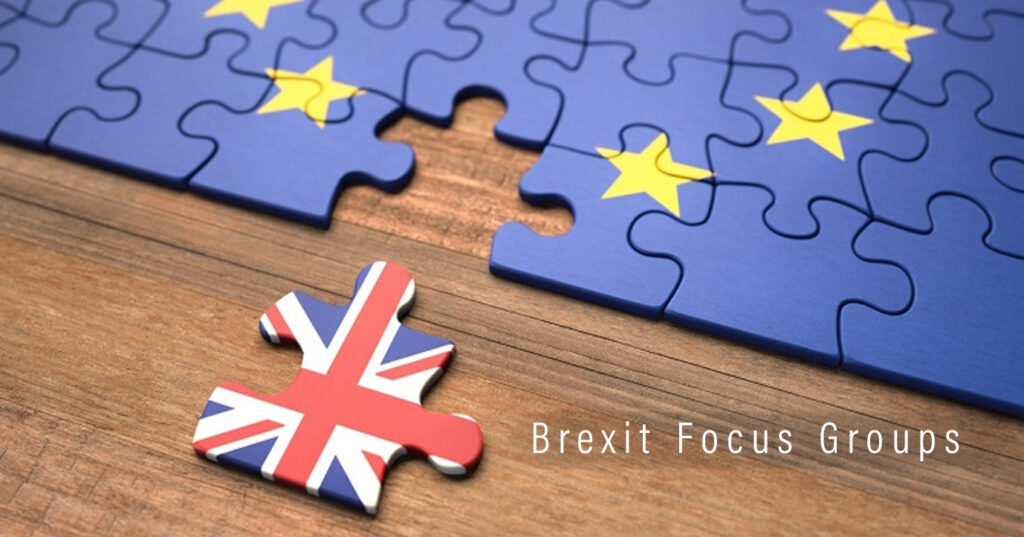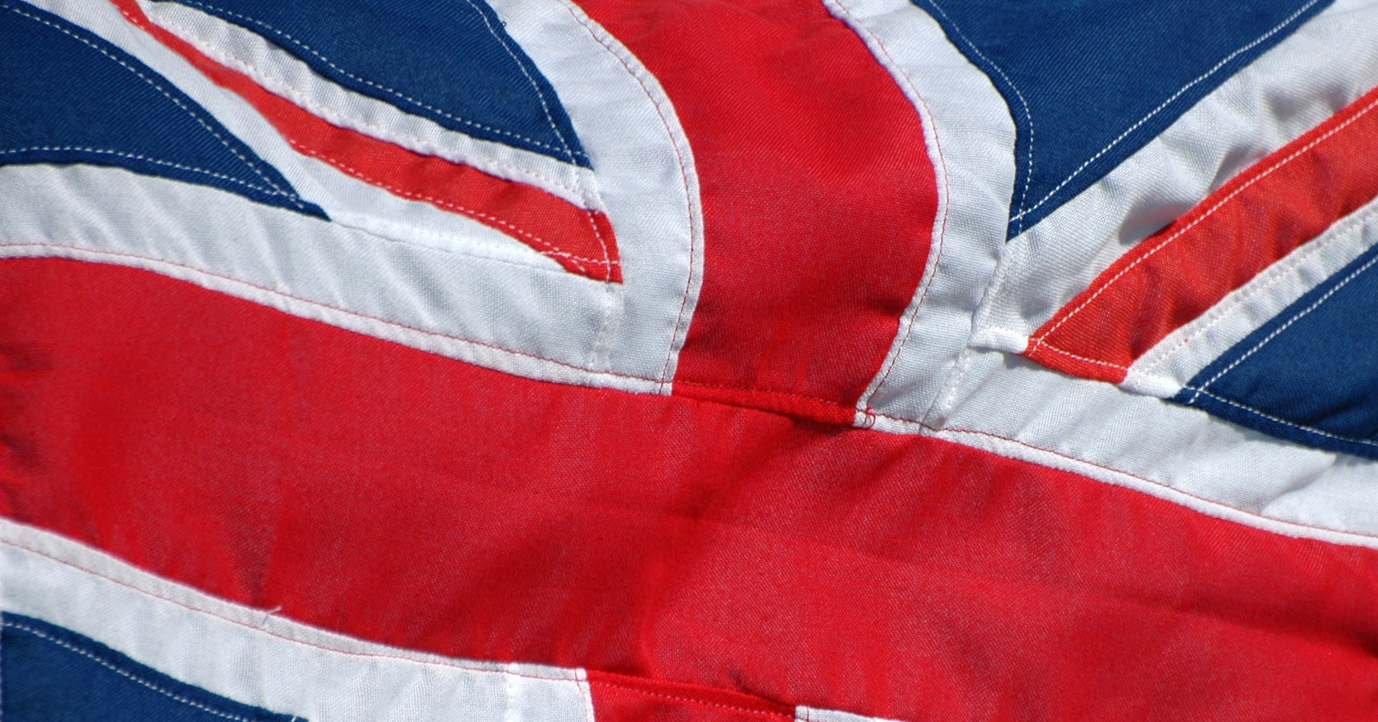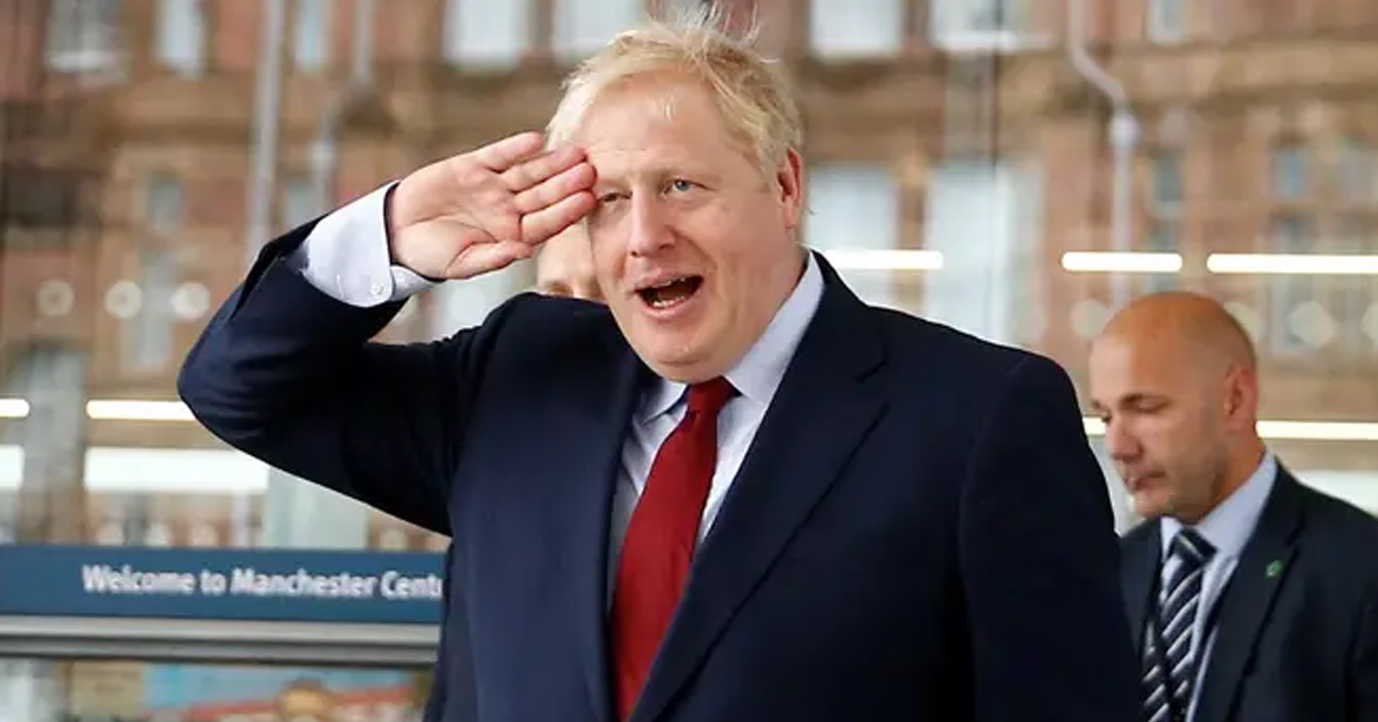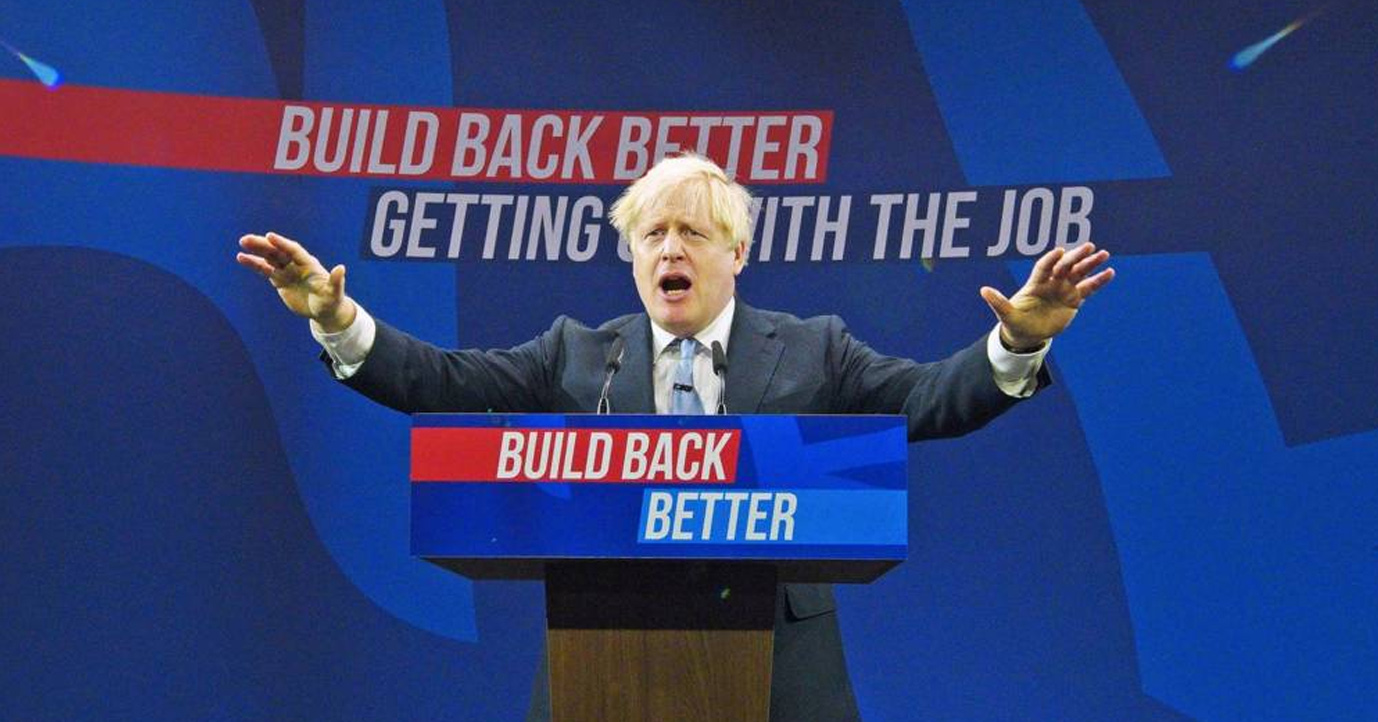
For the concluding round of our Europe-wide research, Lord Ashcroft Polls has ventured outside the EU for two rather different perspectives. First, to Serbia, one of the five current candidate countries hoping to join the union: what are they expecting, and does it matter to them if Britain is still there when they arrive? And finally, Switzerland, whose per capita GDP is higher than that of every EU country except Luxembourg: are they happy outside, and what would they advise British voters to do in June?
Cautiously pessimistic
The Belgrade groups had plenty of complaints: low pay and a scarcity of good jobs were prompting educated young people to look abroad. As in Athens, people lamented a “lack of organisation – individually we are OK but when we join a team we are a disaster.” Many felt that progress was stifled by “corruption, from bottom to top”; “you have to queue to get your money but if you know the clerk who works there, you don’t have to queue. If you don’t know someone you can’t complete your daily tasks, errands. We’re all looking for inside connections, it’s in our DNA.”
Many believed life in Serbia was better thirty years ago: “Then, you didn’t have to think a lot. It was a golden age for our country. There is no light at the end of the tunnel.”
“European salaries? Bulgarian European salaries, maybe.”
If joining the EU would help address some of these problems – and by no means everyone thought it would – membership would certainly not be a panacea. The state of the Serbian economy was “horrible”, and new markets ought to bring “more competition, new products, more possibilities, better choice”, as well as technological improvements, and possibly more and better jobs. But few expected what they called “European” salaries: “Bulgarian European salaries, maybe, or Romanian”. And “since Croatia joined, everything is much more expensive. Prices are sky high but salaries have remained on the same level. They had expectations, but they stayed well behind.”
One big hope, many fears
No doubt there would be funds for infrastructure and development, but somehow this kind of thing “never goes where it should.” In fact, knowing their political establishment, “they would take the subsidies and use them for spending rather than investment, run up billions in debt and we’d have protests on the streets.”
“The EU is all about respecting the law. We have laws here, but no-one takes any notice.”
If our Belgrade groups had one big hope, it was that being part of the EU would somehow force improvements in the way their own country was run. As leaders were held to a higher standard, our participants hoped they would be less plagued by corruption: “They are all about respecting the law. We have laws, but no-one takes any notice. If you break the law, the policeman will say ‘there’s an 800 dinar fine, but give me 100 and that’s it’;” “When you know you have rights and the legal system works, it makes you feel better. As an individual you are protected.”
“We need a German to come and say ‘you do this, you do that’, so we can pull ourselves together quickly.”
Bringing things into line with European standards might also mean improvements in government itself: “The main thing is the system would improve. There will be better organisation in society”; “We could get access to funds, and adjust our laws, and see how the state could work”; “We need a German to come and say ‘you do this, you do that’, so we can pull ourselves together quickly.” Some thought even this was optimistic: “Take Bulgaria. Bulgaria will always be Bulgaria, and it will never be Belgium. It’s all about society, and it needs to be organised from within. Unless we find a way to help ourselves, no-one will be able to help us.”
“We will have same sex marriage, gay parades, people walking people round on a leash.”
Moreover, they felt that even “good” Europeanisation might come at a heavy cost to the parts of Serbia’s character that were most dear to them: “The main difference between us and them is our cultural values and traditions. It will be like a military regime – work, money – we will lose the spirit we have in Serbia. The mentality is different – they don’t say ‘let’s go fishing tomorrow’;” “Here it’s a traditional society but the family is not an institution in the EU. The family doesn’t function in the same way.” The rest of Europe was “like a different continent, a different lifestyle;” “We will have same sex marriage, gay parades, people walking people round on a leash.”
Many feared that, over time, Serbia would start to lose its autonomy and unique identity. Being “impulsive, hasty, stubborn”, the country “would be independent in the beginning, but then Serbia would blend in;” “What bothers me is that small nationalities get lost in a big union;” “We would have someone above us saying ‘you have to do this’.”
“Ever closer union? It sounds like occupation.”
What did they make of the idea of “ever closer union”, the principle that member states (now excluding Britain) sign up to? “It sounds like occupation.” “It sucks. I don’t want a neighbour within a mile of my home. I want some privacy.”
Second class
Overall, what was the biggest hope about joining the EU? “Funds. Law abiding citizens. An organised system.” And the biggest fear? “That we would be part of a system where nobody asks us much and we wouldn’t have a choice.”
“They’re afraid of us even though we’re small.”
At the same time, debating the pros and cons of EU membership felt academic to some: “I don’t think it will happen soon. We were the bad guys until yesterday.” The rest of Europe, they thought, “don’t like us. They think it’s a corrupt society. They think we’re lower class;” “They’re afraid of us even though we’re small;” “People in the EU have no idea where Belgrade is. You say you’re from Serbia and they say ‘Syria? Oh, Siberia. Isn’t it cold and dark there?’”
It was this attitude, as much as the conditions the country had to meet (“regulations, laws, Kosovo, corruption, and a lot of people have been collected in The Hague”), which was holding up Serbia’s application: “If they had a positive attitude we’d have been a member a long time ago.” And once they did join they would be “second class citizens,” a “second-degree member like Bulgaria and Romania, not a first-degree member like Germany and France.”
“The EU won’t exist by the time we join.”
As things are, “we’re like a bride who is waiting to get married but the years are going by”, and they feared they could be kept dangling indefinitely: “They give us hope that we will be the next member, but I think we will be in the same position as Turkey.” In fact, some thought Europe’s current troubles meant the union “is about to disappear. The EU won’t exist by the time we join.”
Like an island
Meanwhile, six hundred miles East-Northeast, what is the first thing that comes to mind when the Swiss think of the EU? “The crappiest idea ever invented. The biggest flop.” No, say what you really think. “Switzerland is like an island within the EU.” But it is “a huge economic space. The bureaucracy is ridiculous but there are business advantages.”
“The EU is a group of yakkers who sit there and yak their heads off. But it’s better than going to war.”
Is there anything else to be said in its favour? “There has been no third world war. They had World War Two, so they formed a group of yakkers who sit there and yak their heads off. But it’s better than going to war.”
How do you think other Europeans see Switzerland? “I think they envy us. They think we’re prosperous and well trained, richer than they are.” There might be something in the idea that the Swiss love to have things in order: “When we’re eighteen they ask us to think about our pensions. Only in Switzerland!” What else? “They think we’re not very relaxed.” And is there any truth in that? “If I want to relax I’ll go on holiday!”
Power to the people
Our Zurich groups appreciated their prosperity and quality of life (“I’m still astonished by how high our salaries are. You cross the border by five metres and they earn half as much as we do”), though living costs also outstripped those of their neighbours. Some wondered whether Switzerland would be able to hold onto its relative affluence as the strong Swiss franc made exports more expensive and companies headquartered in Switzerland practised “wage dumping”, relocating their manufacturing operations abroad – a particular concern since the country produces relatively few university graduates.
“I’m still astonished by how high our salaries are. You cross the border by five metres and they earn half as much as we do.”
But there were no problems to which joining the EU seemed like the answer. “We would have lower wages, crime would rise, we would lose jobs, things would be determined by others.” The huge economic differences between countries undermined the single currency, and anyway “I wouldn’t want my salary paid in euros!” (But let’s not forget “there are problems for the EU, and problems for the euro. They are two different pairs of shoes.” Quite so).
“I wouldn’t want my salary paid in euros!”
Being part of the EU would also threaten Switzerland’s unique way of doing things, not least its system of direct democracy under which citizens can have proposed changes to laws and even the constitution put to a popular vote if they collect enough valid signatures.
“If other countries had our system, Europe would look completely different. Governments in Europe do what they want, never what their voters want them to do.”
For our Zurich groups, this was one of the best features of Swiss life: “We have the right to a say – more than any other country in the world;” “Our direct democracy is the best thing there is. If other countries had our system, Europe would look completely different. Governments in Europe do what they want, never what their voters want them to do.”
“We can live without Europe. There is the rest of the world out there.”
As one participant summed it up: “We’re clean, we’re proper, we have a great constitution. We can live without Europe. There is the rest of the world out there.”
Best of both worlds
That is not to say our Swiss participants wanted nothing to do with their European neighbours – simply that they thought they had the best of both worlds. The bilateral agreements the country had been able to negotiate with Brussels allowed Switzerland to trade on good terms with EU countries – but don’t you have to contribute to the EU budget and follow the rules anyway? Wouldn’t it be better to join and help to set them? “I think if we joined we would have less of a say than we do now. It’s better to be independent, and the bilateral agreements give us more of a say than we would have if we were members;” “I think it’s tactically good to make such payments. If we joined the EU it would cost more.”
“What we’re doing is cherry picking. If paying into the budget is the price to pay, that’s fine.”
Switzerland and the rest of Europe cooperated in all sorts of fields including trade, free movement, security, scientific projects like CERN, but without the downsides of full membership. “What we’re doing is cherry picking. If paying into the budget is the price to pay, that’s fine.”
Withdrawal symptoms
Do any countries gain from being members of the EU? “Some members benefit, some just have to pay. That’s why Britain wants to exit.” In our Zurich groups, most thought such an outcome would be worse for the EU than it was for Britain. The single market would shrink, budget contributions would fall, the union’s influence would decline, and withdrawal “could be contagious. It could lead to an epidemic.” But Britain itself “would be more self-determined. It would be liberating to break away from all this;” “If I had to speak for Britain, I’d say do a Brexit”.
There might be disadvantages – Britain might lose the right to free movement (“but they would still have freedom of movement within the Commonwealth”!) and “they would have to renegotiate everything. It would take a lot of time and in the meantime the British economy would be floating out there in space.”
“They don’t have Schengen, they don’t have the euro. They are cherry pickers, just like us.”
But ultimately, they felt, Britain was in a good position to join Switzerland in enjoying the best of both worlds: “They would have bilateral agreements like we do. I doubt the EU would refuse to negotiate bilaterally with Britain – it would be cutting off their nose to spite their face and shooting themselves in the foot;” “They don’t have Schengen, they don’t have the euro – they’re cherry pickers just like us.”
Then again, it was no good trying to give advice to Britain, whatever you thought: “I would advise them not to leave, but the way I see them, they don’t like people telling them what to do and what not to do.”
Did they know the government’s position? “Cameroon – did I pronounce it properly? – he is totally and completely in favour of exit.”
The Queen and the king
Would Brexit make any difference to Serbia? A few Belgrade participants worried that the EU they eventually joined would be less significant without Britain. On the other hand, “Britain has been blocking our application. They are blackmailing us with Kosovo. We’d join faster if they left.”
“They think they’re the smartest, and they are. They are only members as far as they find it convenient.”
The problem as that “they think they’re the upper class compared to the rest of the world,” and “the Anglo-Saxons, the English, are always taking care of their own interests.” Not everyone blamed Britain for this: “They think they’re the smartest, and they are. They are only members as far as they find it convenient.” But the decision “will be the way Windsor Palace says. Cameron is the prime minister but it’s a very well-known fact that the monarch rules the country.”
“In Britain they don’t have a lot of space to go wild because they have to pay to walk on the grass.”
What about the British more generally? “Cold, reserved, not hospitable, not interested. Island countries are self-centred;” “They work, work, work, and then go wild. We always have time to let go so we act like human beings;” “When you go to Cyprus they are rude and crazy. They drink all day until they get thrown out of the bars and have to lie down in the street. And that’s their idea of a good time.” Why do they behave like this? “In Britain they don’t have a lot of space to go wild because they have to pay to walk on the grass.”
Is there anything good to be said about Britain? “They have a good car industry. And I like Mr Bean. Mr Bean is the king.”
Class and controversy
A more balanced view from Zurich: “They are good people,” even if “they expect everyone to speak English;” “I like their mentality. They’re serious, but not too serious about themselves;” “I’ve always had the impression that they could do more. I think they are more powerful than we know. It’s a strong country, with strong whisky; I think they are underestimated.”
“Nobody in Switzerland would ever say which party they voted for, even to their neighbour. In the UK they put stickers in their windows!”
How do they think the British differ from the themselves? “They are a nation of seafarers. Which we are not.” (Who said the Swiss had no sense of humour?) But the point is significant: “Brits are special. They’re islanders, and that’s not just geographic, it’s symbolic. If the UK were on the continent, it would be at war with all the others.”
Any other comparisons? “The British love order and cleanliness, as we do,” but “in Britain you can look at someone in the street and see what class they belong to.” And the British are more comfortable with controversy: “The Swiss are always looking for compromise and harmony, to leave an impression of being moderate, but the Brits couldn’t care less about that;” “Nobody in Switzerland would ever say which party they voted for, even to their neighbour. In the UK they put stickers in their windows!” It sometimes takes a while to get to the substance, though: “Practically every conversation begins with the weather. You can switch from that to an in-depth discussion about politics or something else, but it always starts with the weather.”
“Britain is like a dragon – something that comes from far, far away, that dates back to the origins of time.”
For the final time, if Britain were an animal, what kind of animal would it be? “A lion or tiger – powerful, strong, noble, majestic;” “A peacock – very self-confident;” “A dragon – something that comes from far, far away, that dates back to the origins of time, is individual, is hard to assess and appreciate.” Fascinating.
And a view from Belgrade? “A crocodile. Little eyes, open jaws, a crash in the night. You have no idea what will happen;” “A snake – they persuade you to do something, then you suffer for it;” “Britain regards itself as a lion but is really a fox. A fox is intelligent and is in the right place at the right time. Also because they are ginger.”
See report from previous Brexit focus groups in Poland and Bulgaria, France and Germany, The Netherlands, Ireland, Sweden and Latvia, and Greece and Spain.


